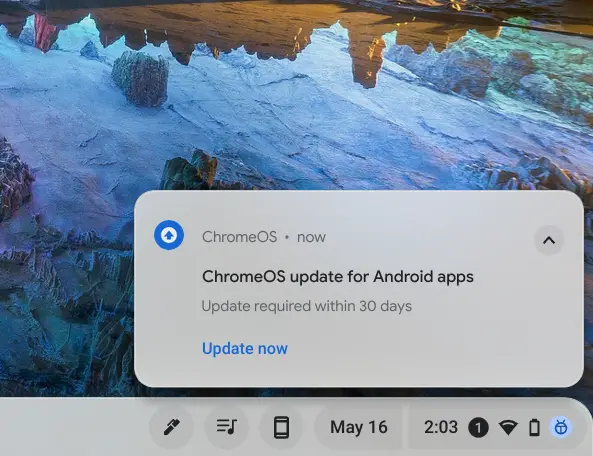
Though there aren’t a ton of them out there in the market, ARM-powered Chromebooks represent a growing segment of the ChromeOS family that come in a wide variety of form factors. Notably, we have some great tablets and convertibles that come with processors like the Snapdragon 7c Gen 2 and the MediaTek Kompanio series.
While these Chromebooks are solid at all the normal ChromeOS stuff, one of the big reasons we’ve always been excited for more ARM-based Chromebooks is the fact that Android apps – by their nature – are generally designed to work better on ARM architectures versus the more-common x86 architecture we tend to see in Chromebooks.
So, as a superlative to ARM-based Chromebooks, we expect to see them handle the addition of the Google Play Store and Android apps better than their Intel-based bretheren. Unfortunately, because of some unknown hurdles that have been tough to get over, the ChromeOS team has left these ARM-powered Chromebooks in the lurch. While many of the Intel-based Chromebooks have had Android 11 and the ARCVM container it comes wrapped in for quite a while, ARM-based Chromebooks have been sitting on Android 9 all this time.
Android 11 is finally here for ARM Chrombooks
But this unfortunate era of ChromeOS seems to finally be coming to an end as Android 11 and the ARCVM container are finally beginning to show up in ChromeOS 114 Beta for ARM-powered Chromebooks like the Lenovo Chromebook Duet 3, Duet 5, Acer Spin 513 (MediaTek Kompanio 1380) and HP Chromebook x360 13b (MediaTek Kompanio 1200). There are hopefully more, but this is all we could test for at the moment.
The update isn’t subtle or behind the scenes, either. Instead, once you jump to the Beta Channel (you can see here how this is done) and your device restarts, the first thing you’ll see is a notification that the Android container needs some attention. Clicking this notification will begin a process that takes a few minutes, and there is a step-by-step walk-through along the way. You can check out the gallery to see this in action below.




Once you are all done with the process, you’ll have an Android 11 container that should – in theory at least – run far better and more efficiently than the older ARC++ container that stopped at Android 9. This means app scaling and windowing will be far better, and more importantly, I’m hoping this sets the stage for Android 13 to begin rolling out sometime soon.
For years we’ve had this split with some Chromebooks on Android 11 and some on Android 9, but this new change could finally get us the spot where there are enough of the current models on Android 11 to pave the way for a larger update to Android 13. With that update, we’ll get all the large-screen Android optimizations that would only help apps run smoother on Chromebooks, and that’s a win all around.
I’ll be doing some further research to see if I can find any new evidence of Android 13 on the way, but I don’t want to promise anything just yet. Google has moved at an absolute turtle’s pace with Android updates on ChromeOS, so I’m not trying to get everyone’s hopes up just yet. However, this move of ARM devices to Android 11 is a big one, and it is at least an indicator that the wheels are now in motion.


Leave a Reply
You must be logged in to post a comment.